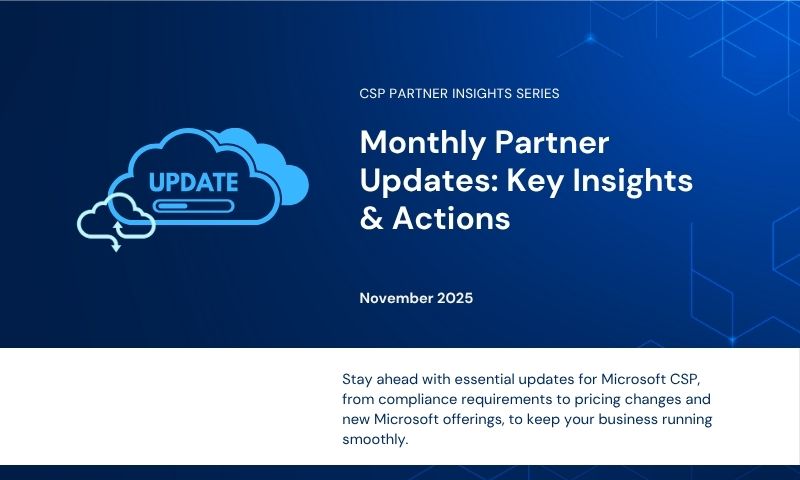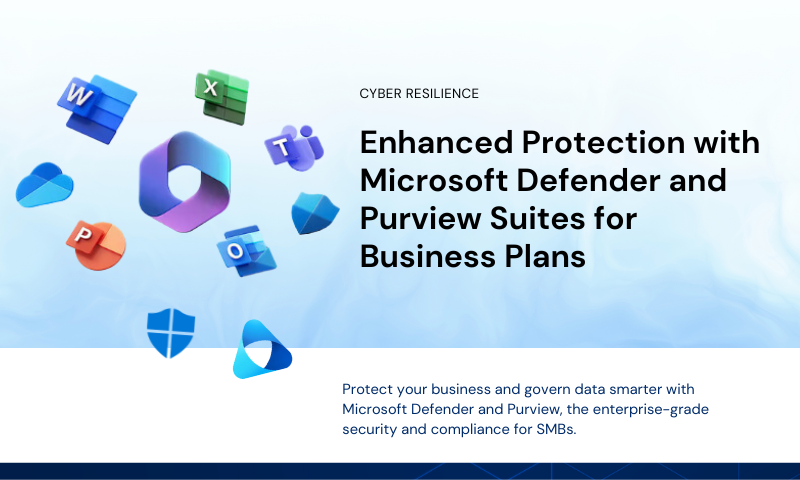You’ve secured a breathtaking venue, ordered delicious canapé’s, partnered with big industry names and promised a can’t miss experience.
Despite ticking what seems like all the right boxes, you’re lacking the numbers to your event.
So, what did you miss?
Have you had people sign up to your events, but the numbers just don’t add up?
According to global event management and ticketing platform, Eventbrite, data determines the best way to invest time and money in correcting course and selling out your event.
Organising a compelling event is about more than increasing your marketing strategy or incentives that people can’t resist.
Each participant has their own expectations and reasons for attending an event.
The key is:
– Targeting the right people who are interested in the overarching purpose of your event and,
– Attendees who are at a place where they are ready to commit.
As we approach the end of the year, take some time to think about ways to revamp your annual business events.
In no order, we have listed some reasons why people may not try your event and ways you can capitalise on this.
1. Lack of awareness
In an age where there are multiple events in the same industry happen on the same day, keeping track can be difficult.
Craft your content and know which channels to tap into early on.
Instead of all the event promotion streaming from you, the hosts, reach out to your trusted networks and those big industry names.
Create content with influential individuals who can endorse your event prior to your announcement.
Video content is said to be the most effective way to digitally market your brand and event.
“Talk directly to your current customers and potential event attendees through 15-second engaging video content as free value adding traffic” – Ruby Lee, social media expert.
2. Is the interest there?
What messaging strategy have you experimented with, what has worked and what hasn’t?
Call to action’s like reserve your space now, sharing generic event run sheets and the good old early bird bookings are the tricks of the trade.
But what’s happened to our marketing flare?
The truth is, we often adopt similar approaches of people who we believe have been successful with events as best practice.
This turns out to be a risky strategy.
With the mentality that if it’s worked for someone else, it will work for me bypasses the audience and what they are really looking for.
Customise your message to fit both your event objective and your audience.
Ask yourself: If I was to promote this event to myself, what would draw me in and what would make my event different from other similar initiatives?
People feel more inclined to attend when they recognise that there will be other like-minded individuals and the event is tailored to their interests.
How?
– Keep updated on current trends you can address during your event,
– Ensure your social activity is rich and that you integrate as many related social networks as possible to extend your reach,
– Encourage past attendees to share reviews – a great review from relevant individuals can go a long way.
Make sure to give enough reasons for your attendees to justify to their boss why it is important to go to your event and the value they will gain from attending.
3. Know your audience
We tend to think that only experts and gurus attend events.
The reality is, most people attend events to learn about something they are unaware of or intrigued by.
They won’t tell you that, but sometimes also the self-proclaimed experts attend to learn.
Make sure to create different learning environments based on beginner, intermediate and advanced knowledge.
A blog is a great way to keep information flowing before, during and after an event.
Engage attendees across different learning levels.
Capitalising on social media platforms that offer live posting, tweeting and streaming.
4. The same venue, again?
We all want to visit somewhere new.
Not many people get the chance to travel outside of their office or home location.
Human beings want to explore and experience the unknown, which is a perfect reason why you should be selective of your event locations and venues.
Try to select original locations and venues in cities within reach, but not the usual pick.
It’s an untitled incentive that will make a real impact.
Why people attend your events:
1. To network
Events are a way to establish links in careers and create communication lines that boost business.
Allow some time during your event for networking and open Q&A’s that both involve and interact with attendees.
2. Pollinate new ideas
Learning and coming away from an event with a new idea is as valuable as securing a big deal.
New ideas cultivate innovation and can lead to multiple business ventures, alterations in business plans and the merging of ideas and strategies.
3. The catering?
This may be a bit of a surprise to some but that’s right, the food!
We’ve all attended events and sometimes the only thing we remember is the food.
If you take note of the important points mentioned above, we are certain the catering won’t be all people remember.
But, take this opportunity to make an impression.
Get people excited about all the aspects of your event including the food.
People like choices and enjoy new things.
Be creative and don’t be afraid to spice it up.
As changes occur almost daily in the IT industry, events that provide a plethora of usable content on a variety of subjects and current trends will push you close to deeming your event a success.
The use of digital media to raise awareness to the right and interested crowd, ensuring your event caters to all learning levels and being intentional with the minor logistical details are some ways you can take your event across the line.
If there are other reasons you believe motivate people to attend an event, share them in our comments below – we want to hear from you!
Take a look at our recent event updates on our LinkedIn for some tips on how we utilise social media for our events.



Leave A Comment